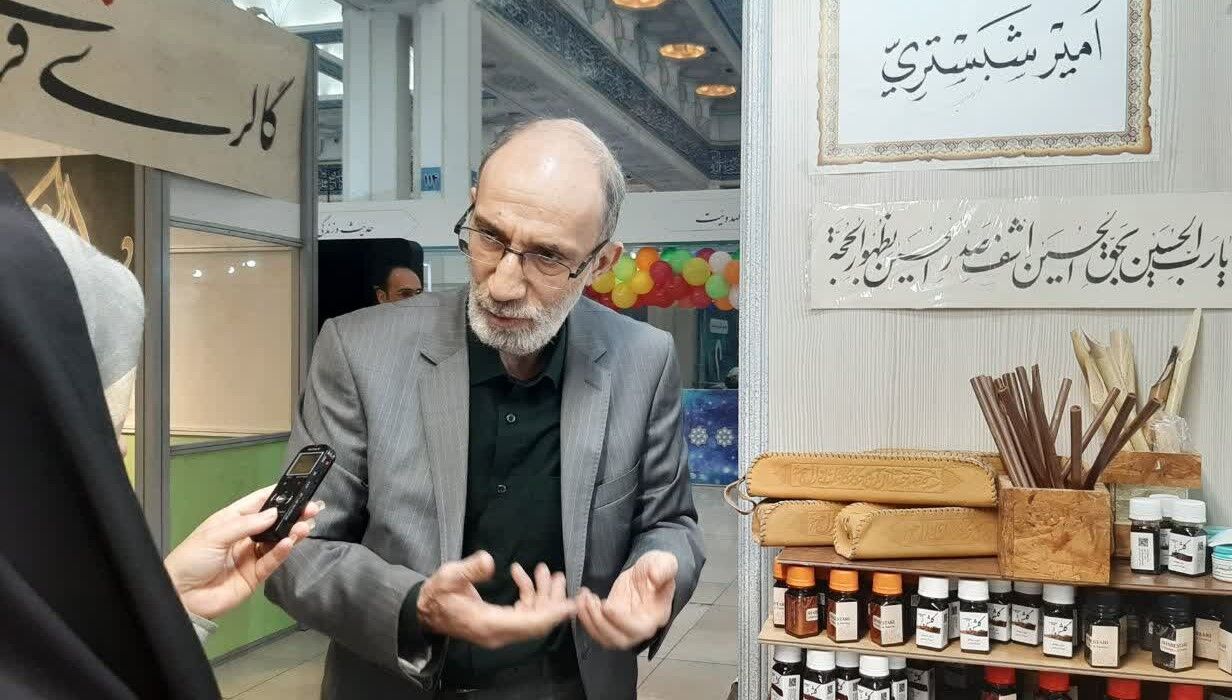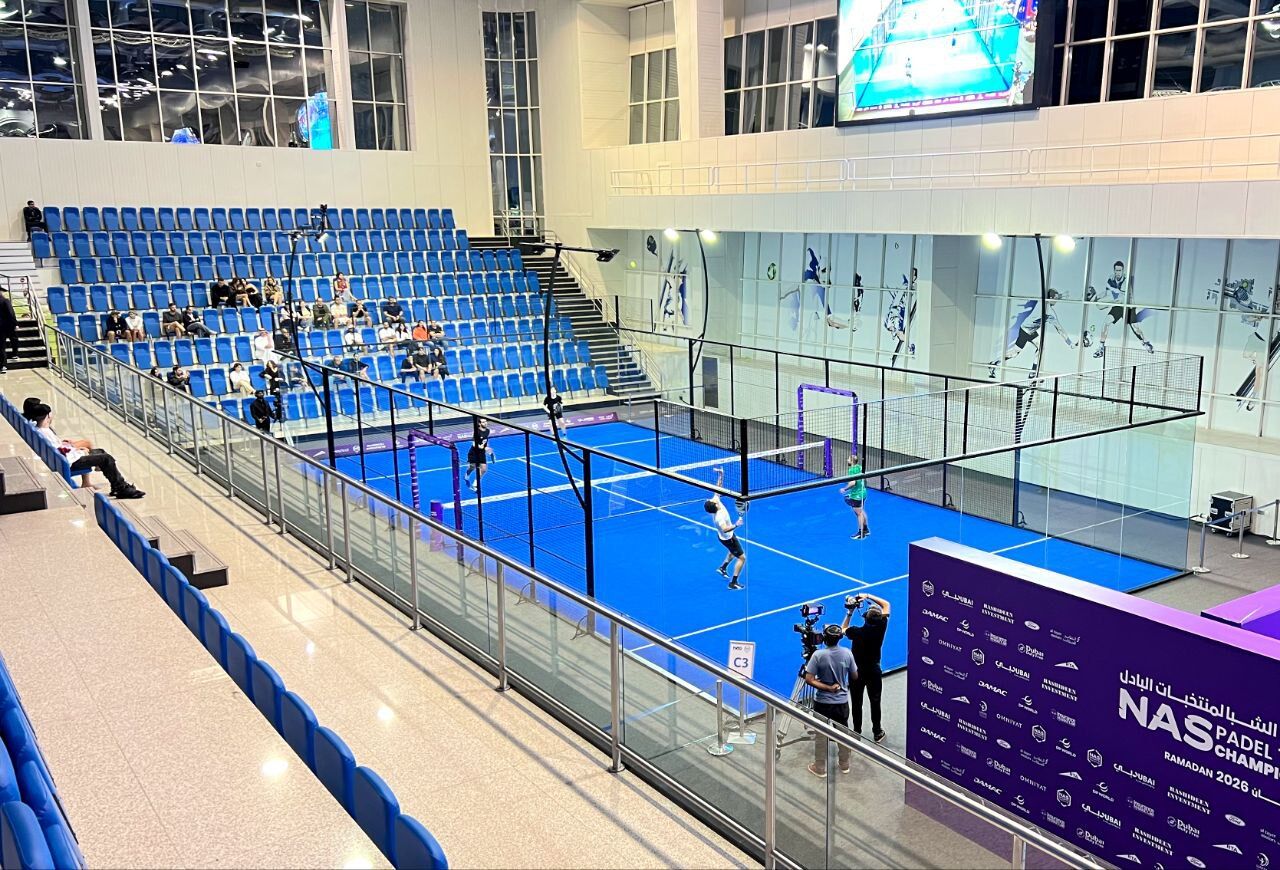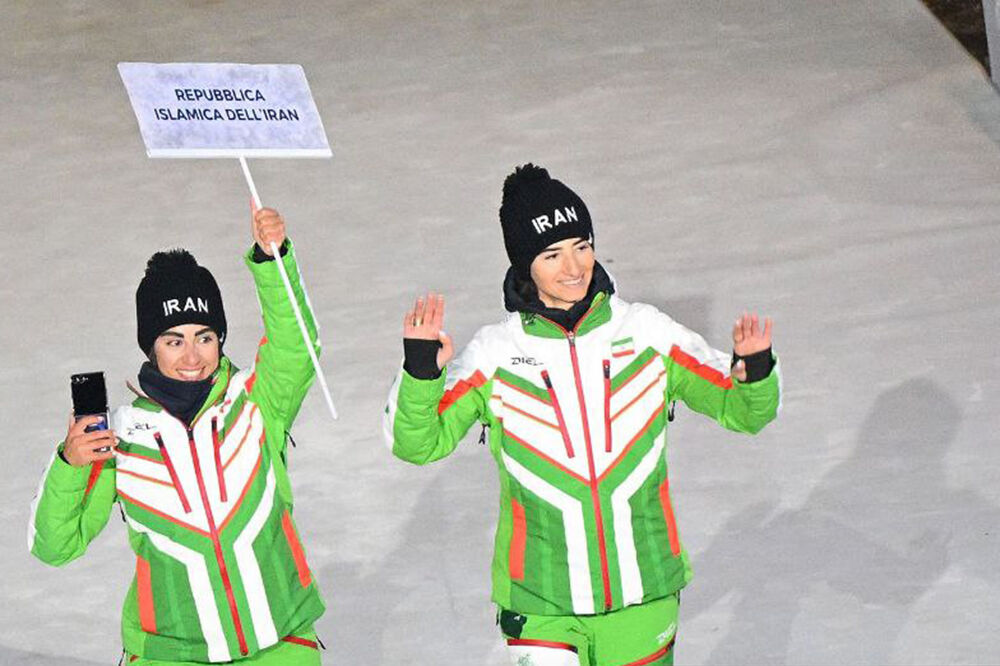Gaza: NGOs ready to distribute aid in strip as questions remain around access
Gaza: NGOs ready to distribute aid in strip as questions remain around access

As the Gaza ceasefire is set to take hold on Friday, aid groups say they are ready to initiate distribution of badly needed supplies in the enclave, but lack clarity over their ability to deliver it under the current agreement.
The UN reported that some 170,000 metric tons of food, shelter and medicine is languishing in warehouses outside Gaza and that aid workers are "ready and eager to act".
However, questions remain around how the aid will be distributed and who will be permitted to do it.
US President Donald Trump's original 21-point plan – which forms the basis of the deal – states that “full aid will be immediately sent into the Gaza Strip” and "distributed by the United Nations and other international organizations".
As part of the first phase of the plan, Gaza's crossings will reopen fully on Monday, allowing the entry of 400 aid trucks daily, expected to rise to 600 in the following days.
Phillipe Lazzarini, the head of the UN’s agency for Palestinian refugees (Unrwa), which is currently subject to an Israeli ban on its activities in the occupied Palestinian territories, said in a post on X that it has “food, medicines + other basic supplies ready to go to Gaza. We have enough to provide food for the entire population for the coming three months”.
“Our teams in Gaza are crucial for the implementation of this agreement including to provide basic services like healthcare + education”, he added.
The Norwegian Refugee Council (NRC), one of the largest independent aid groups working in Gaza, warned that plans to boost aid would fail unless all aid groups can resume operations.
"We don't have time for more bureaucratic obstacles," Jan Egeland, NRC head, told Reuters in an interview via video link from Oslo.
'There’s nothing'
Hala Sabbah, who has been coordinating mutual aid in Gaza throughout the two-year genocide as part of Palestinian-led initiative the Sameer Project, said she is preparing for a dramatic fall in food prices.
Sabbah previously told MEE that one of the main obstacles facing volunteers was the soaring costs in food, amid Israel’s total siege on the territory.
Despite Gaza's ongoing famine, a trickle of some 80-90 trucks has been entering the enclave every few days, she said.
'The number one thing that people need is for field hospitals to come in, a lot of doctors'
– Hala Sabbah, the Sameer Project
"If tomorrow, 600 trucks come in, that’s going to be insane, because the prices will drop drastically,” Sabbah told MEE.
“Everything we bought yesterday will be worth a tenth tomorrow, maybe even less," she added.
The diversity of food supplies has also been severely restricted.
“The only food coming into Gaza since July has been basic staples like flour, rice and canned food, so people still haven’t got the nourishment they need,” she said.
“If tomorrow the borders open and vegetables, fruit and animal protein can enter, that’s going to be huge.”
An Unrwa-led report by the Lancet released on Wednesday found that nearly 55,000 children under the age of six in Gaza are acutely malnourished due to Israeli restrictions on food, water and medicine.
According to Gaza's health ministry, at least 460 Palestinians have died from Israeli-imposed starvation, including over 150 children.
With cold weather beginning to take hold in the Strip, Sabbah emphasised that materials for constructing shelter are the “number one priority”, adding that tents and trailers are unlikely to be prioritised in the first aid deliveries.
“Rain is about to start in Gaza,” Sabbah said.
“With hundreds of thousands having moved from the north to the south, a lot of people are homeless. There’s no shelter. There are no tents. There’s nothing.
“People need an immediate solution for the shelter situation, because once rain starts it’s going to get really messy,” she said, pointing to the sharp rise in infant deaths amid wintry conditions last year.
Medical care is also desperately needed.
"With the mass displacement, a lot of the hospitals in the north got emptied out,” Sabbah said.
With Gaza's last two remaining major hospitals – Al Asqa and Nasser medical complex – inundated with patients, the Sameer project’s medical clinic at its Refaat Alareer camp was having to deal with many cases that required hospital treatment.
“The number one thing that people need is for field hospitals to come in, a lot of doctors to come in, medical equipment, medication."
'We've got enough to feed everyone'
Uncertainty remains around which NGOs will be permitted to distribute aid, with Unrwa currently subject to an Israeli ban on its activities in the occupied territories.
While the agency has been able to continue to provide services in the territory, including healthcare and shelter management, the ban on cooperation between the agency and the Israeli military has meant it has been unable to conduct large aid distributions.
Sam Rose, Unrwa’s director of affairs in Gaza, said that the agency’s scope and expertise are badly needed to secure a large-scale, sustained flow of aid distribution within the enclave.
'If the targets of 600 trucks a day are true, I don’t see how they can be realised without Unrwa’s supplies'
– Sam Rose, Unrwa director of affairs in Gaza
“Half the supplies outside Gaza belong to us,” Rose told MEE.
“We've got enough food to feed everyone for between two and three months, and the population is starving. We've got shelter items for hundreds of thousands of people, blankets for over a million people.”
Unlike other NGOs, Unrwa’s long history of working in Gaza means it has secured the networks and community’s trust to coordinate fast and effective aid distribution, he added.
“We have an ability. We're making everyone's lives much more difficult inside of Gaza if Unrwa is not permitted to be part of aid distribution,” Rose said.
“If the targets of 600 trucks a day are true, I don’t see how they can be realised without Unrwa’s supplies being part of it. The maths don’t work.”
Rose pointed out that Unrwa’s activities extend beyond distribution of food parcels, and that registration with the agency gives people access to a range of aid provision and services – something which he said no other organisation can provide.
“The World Food Programme (WFP) does food, but then you would have to go to a Unicef distribution point for children’s clothes. With Unrwa we do it all in one place because we work across different sectors.”
Mental health projects
While the current ban does not apply to Unrwa’s activities within Gaza, the “no-contact” policy bars their trucks from entering the enclave.
Rose said the agency is preparing to get other organisations to bring their supplies into the strip.
“What we’re advocating for is that Unrwa be allowed to distribute those supplies once they get to Gaza,” she told MEE. “The legislation says nothing about Unrwa’s activities inside the territory.”
With the promise of large-scale NGO-helmed aid distribution on the horizon, Sabbah and her colleagues are preparing to turn their attention to mental health projects.
The Sameer Project already runs a number of initiatives for mental health support, including Techmed Gaza, which utilises virtual reality as therapy for traumatised children, in addition to physiotherapy and speech therapy.
"These things are going to become more and more important,” Sabbah emphasised.
“We would also like to return agency to Palestinians in Gaza who have been stripped of it for so long,” she added.
In February last year, the initiative raised $15,000 to construct a sewing factory. But Israel’s cuts to electricity and mass displacement of Palestinians to the south quickly derailed the project.
"We made sure that they took all of the equipment with them to the south, so that the money is not wasted,” Sabbah said.
“This is the kind of direction we would like to pursue.”













